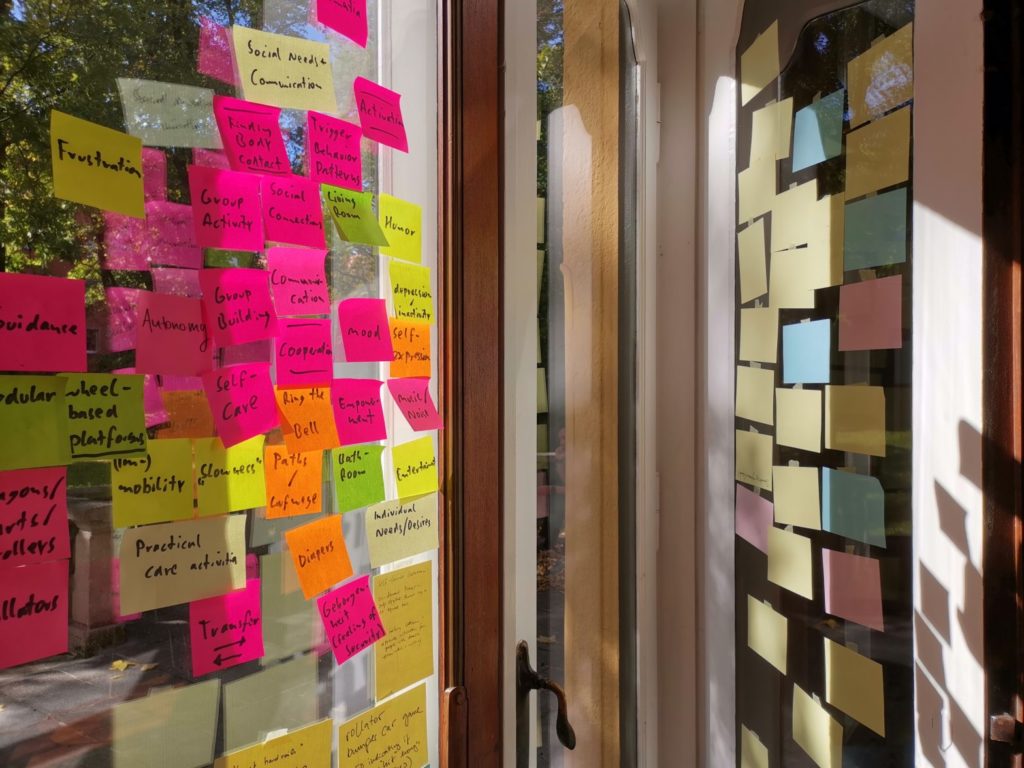
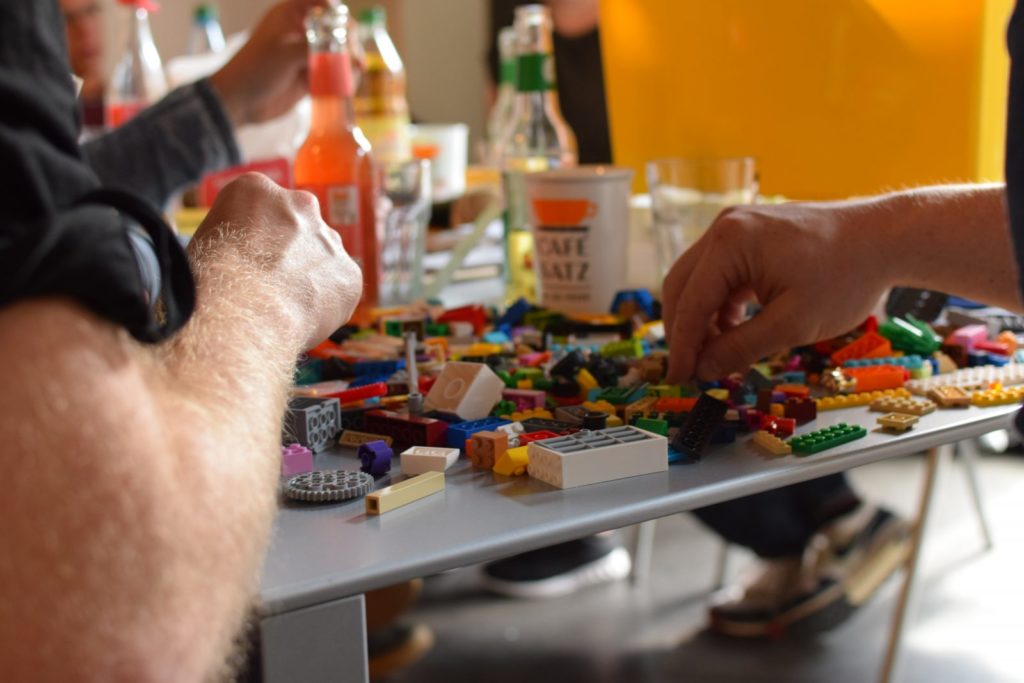
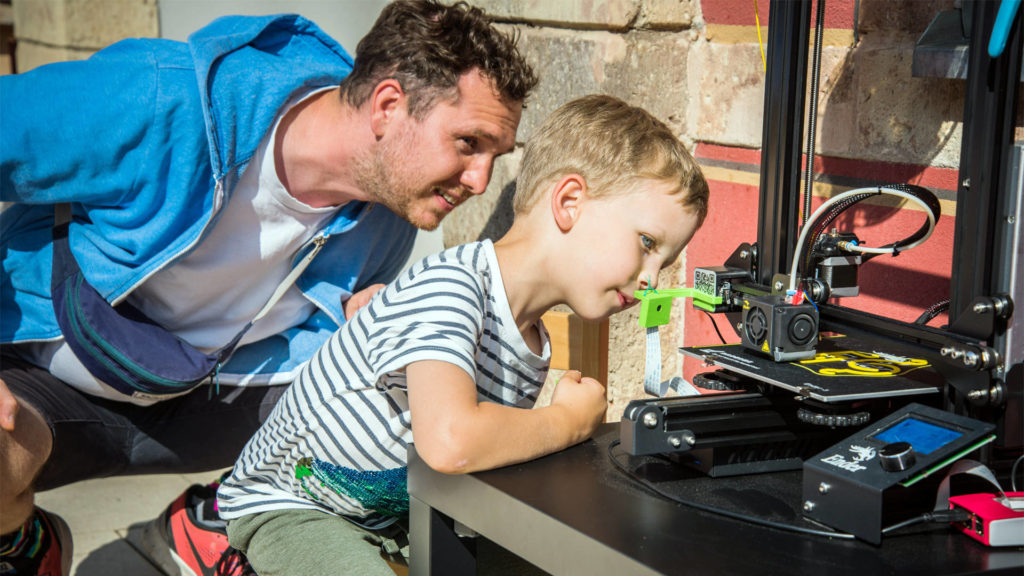
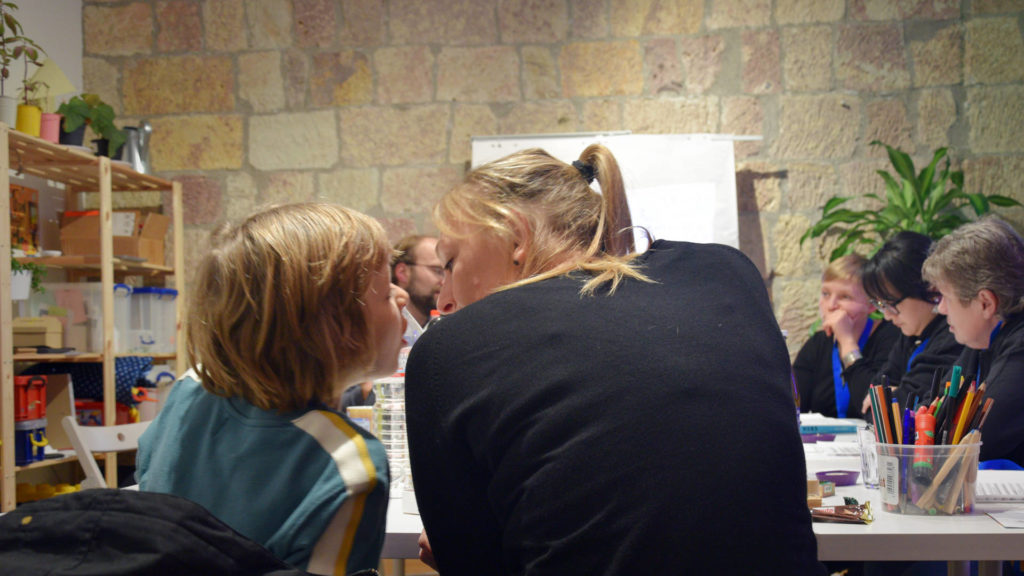
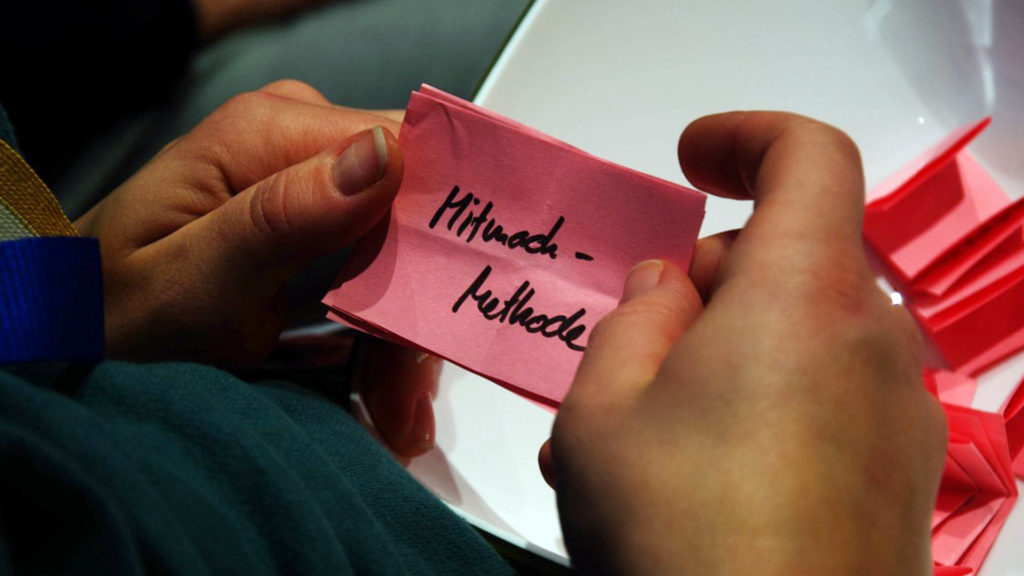
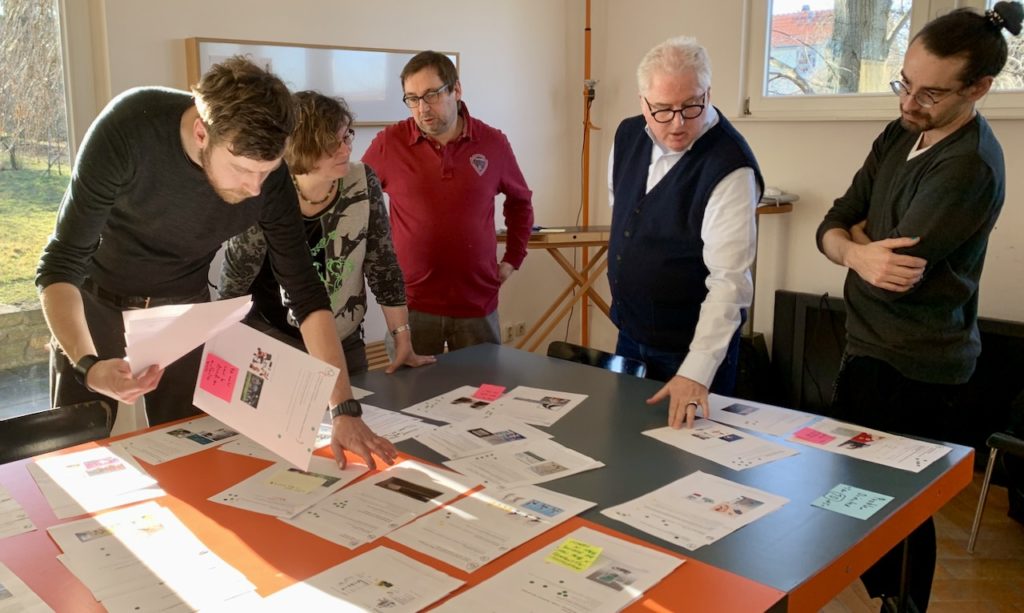
Research
PartWiss3.0, BMFTR, 2024-27
PartWiss3.0 is the continuation of the networking of scientific communities in Germany that work in a participatory way, which began in September 2022 with our first conference at the Museum für Naturkunde in Berlin. The conference is a cooperation project between Chemnitz University of Technology, TU Berlin, Fraunhofer CeRRI and UFZ Leipzig. Our aim is to sustainably promote the development of expertise and networks as well as the exchange of knowledge in the field of participation in research.
Simplications, BMFTR, 2024-26
Together with consumers, Simplications will conduct participatory research into the possible implications of using supposedly simple sensors in the home. Simplications will then design and implement digital education media and interventions that contribute to a more informed design and use of sensor data applications in the home. We call this combined approach of participatory research and design of educational offers for transfer via civil society organizations Privacy by Co-Design, and thus want to add the element of participation to the established Privacy by Design.
Participatory exploration of possible technical support for family caregivers and older adults to reduce the risks of aging (PaxUnpARiA), FNA/DRV Bund 2023-24
As part of the pilot project, participants are investigating what everyday life is like for family caregivers and how it can be supported through the use of robotics and technology. Family caregivers and care recipients are approached as co-designers and experts in their own living environments.
The ideas, scenarios, and prototypes expressed in the workshops are critically reflected upon together with the participants to determine the extent to which they have the potential to increase the compatibility of caregiving and gainful employment. A detailed description can be found in the project brochure (German): “Care as a problem and technology as a solution? Critical positions and new methods for co-design with family caregivers.”
NUMIC 2.0, BMBF 2022-24
The goal of the follow-up project NUMIC 2.0 is to sustainably change the transport behavior of citizens and to empower various stakeholders to have a qualified say in transport planning processes. This results in social impact potentials for activating society, which, with the normative goals of sustainable mobility awareness, radiate out to the ecological impact potentials of sustainable urban planning. The cooperation between municipal administration and science with a strong involvement of the different actors is to strengthen the impact potentials as a transdisciplinary working method.
Chances and limits of participation in science, BMBF 2022-23
Our wish is to sustainably promote the development of competencies and networks as well as the exchange of knowledge in the field of participation in science. In the context of the German Year of Science „nachgefragt!“ 2022, the diverse scientific communities, actors from the field of participation and, of course, representatives of civil society organizations are invited to map the landscape of participatory formats, to define similarities and differences in content, and to discuss success factors for participation in research in working groups.
„Rethinking Care Robots“, VolkswagenStiftung, 2019-22
To re-shape research and design practices and to develop alternative visions for robots in care, new interdisciplinary collaborations and new methods of design and evaluation are needed. Our interdisciplinary constellation of Designers, HCI researchers, roboticists and STS scholars will enable us to re-think from the ground up what care-robotics should look like and ‘do’, using contemporary design methods in a rapid prototyping, design-driven approach.
„Mitmach_X – Participatory Design for IoT“, BMBF, 2019-21
In our „CityLab“ we work with people to implement ideas for a better life in Chemnitz. In the „City Lab“ we provide knowledge and technology and build prototypes with participants and present them to the public. Our goal is to make the ideas, places, problems and proposed solutions of the residents visible and to develop them further together.
The city lab was continued within the CRC „Hybrid Socities“ and is currently financed by my professorship.
Research Group „miteinander“, BMBF, 2014-22
Together with older adults, we are exploring methods of participatory design for the Internet of Things. The goal of our work is to enable socio-technical innovation on an equal footing with the people it affects. To this end, we develop novel co-design tools, methods and formats of dialogue.
Teaching
„Podcast Ethnography“, University of Leipzig, 2019-20
My colleagues Thomas Schmidt-Lux, Anna Rebecca Bertram and I gave a two-semester course on qualitative methods of field research. The idea was to overcome classic text-based formats and to explore audio formats, like podcasts, as instruments of research.
„Media and Refugees“, BMBF, 2015-17
My colleague Vivien Sommer approached me in early 2015 whether we could do something in our teaching that deals with the rising number of refugees in Germany. Together with civil society organisations we developed the three-semester service learning project „Media and Refugees“, which was awarded with the Teaching Prize of the Saxonian State 2016.
Communication & Transfer
„Hacker Cultures: The Conference Podcast“, Podcast Panel for the EASST Conference, 2020-26
As Covid-19 turned most conferences virtual, so to combat Zoom-fatigue, at 4S/EASST 2020 we decided to try another format and turn a conference session into a podcast. Among hundreds of panels, papers and sessions, our panels rounded up all sorts of researchers who study what it is to be a hacker, and what hacking, programming, tinkering and working with computers is all about.
Open to Arguments (OfA), BMFTR, 2025
Open to Arguments (OfA) is an online debate platform. The aim of the project is to establish a culture of constructive exchange in which people are rewarded for successfully persuading others to change their position. Through online debates, OfA is based on the successful English-language format “Change my View”, but expands on it with detailed argumentation analyses. As a project of the Science Year 2025, OfA addresses issues related to the energy transition. In doing so, we establish a connection to the regional environment of Chemnitz University of Technology, which is implementing the OfA project. The results of the project will serve as a model for future discussion formats and will be usable beyond the project’s duration.
„TUC scicast“, Podcast by the Chemnitz University of Technology, 2019-23
I’m a longtime podcast fan and was happy to get the oppurtunity to create such a format for the Chemnitz University of Technology. As a producer, I organize the funding and assist in finding people and topics for the episodes. The podcast receives very enthusiastic feedback and is great teamwork!